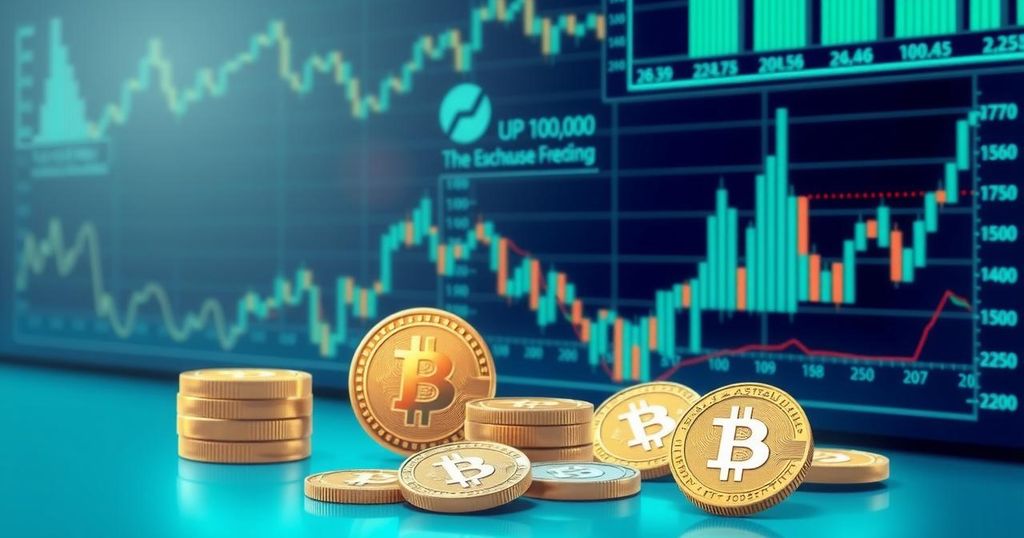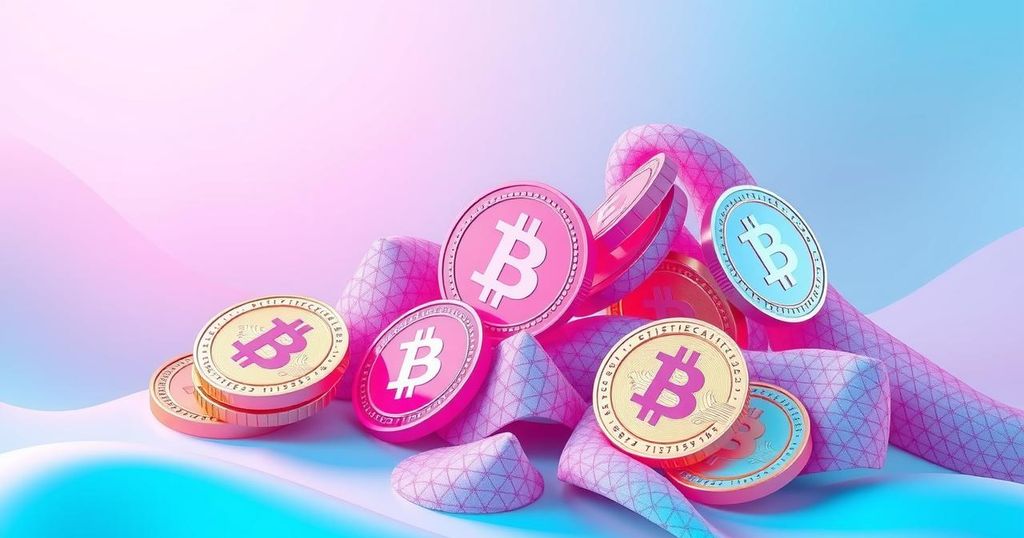Exchange news
Scam alerts!
ALTMAN, BITCOIN MINING, COINBASE, CRYPTO EXCHANGE, CRYPTOCURRENCY, CYBERSECURITY, EUROPE, FINANCIAL TIMES, FORTUNE, FRANCE, FRAUD, FTX, MELANIA, MIAMI, NASHVILLE, NORTH AMERICA, OPENAI, RIPPLE, SAM ALTMAN, SAM BANKMAN, SAM BANKMAN - FRIED, SAN FRANCISCO, U. S, UNITED STATES, WORLD, WORLDCOIN
Amina Khan
0 Comments
World’s Eye-Scanning Requirement for Crypto Raises Eyebrows and Concerns
World, formerly known as WorldCoin, requires users to verify their identity via eye scans to receive cryptocurrency tokens. Launched in major U.S. cities, the project faces scrutiny from various nations and must navigate a complex regulatory landscape. Significant shifts in political attitudes towards crypto, especially between the Biden and Trump administrations, further complicate World’s entry into the market.
Investing in cryptocurrency today might come with an unusual requirement: an eye scan. World, a project rebranded from WorldCoin and endorsed by OpenAI’s Sam Altman, has launched across key U.S. cities like Atlanta and Miami to explore digital assets in what some are terming the AI era. Users scan their faces and irises using devices dubbed “orbs” to verify their identities, and in return, they receive a Worldcoin (WLD) token.
Interestingly, it’s not just crypto enthusiasts who might need to prove their humanity. Reports suggest that dating apps have also shown interest in this eye-scanning technology. This additional application hints at a broader potential use for World’s orbs in the future. The venture, initially rolled out abroad in early 2023, aims to ensure that genuine humans are at the forefront, especially as AI-driven content becomes prevalent in our daily lives. According to Altman, there’s an essential need to earn users’ trust amidst the unease surrounding the technology.
Despite the ambition, World’s deployment hasn’t faced smooth sailing everywhere. Last year, Spain blocked the service over concerns about its data collection practices, particularly involving minors, while nations like Portugal, Hong Kong, South Korea, and France have expressed hesitance or outright refusal. These regulatory hurdles have made the company’s entry into the U.S. market quite complicated. Fortune has indicated that regulatory concerns, especially during the Biden administration, have led to a cautious approach towards crypto-related innovations.
Adding to the complexity, the crypto landscape has faced significant challenges, notably with high-profile fraud cases that led to regulatory shifts. A striking example, Sam Bankman-Fried, the former head of FTX, is now serving a hefty prison sentence after defrauding clients of his exchange, and he was also among the early investors in the company behind World.
In contrast, it’s noted that the Trump administration had been more welcoming towards crypto, with several companies now making inroads into the U.S. market. Agencies once tasked with scrutinising crypto businesses relaxed their grip during this administration, which led to dropped cases against several notable firms, including Coinbase and Ripple. Trump himself has shifted from skepticism to advocacy, having promoted meme coins and even started his crypto venture, all while trying to establish a so-called “strategic crypto reserve”. It’s quite the turnaround from just a few years ago when he voiced concerns about cryptocurrency enabling illegal activities such as drug trafficking.
As the crypto market and regulatory landscape continues to evolve, the intersection of biometric verification and digital currency introduces both opportunities and ethical dilemmas. It’s clear there’s a lot more to unfold in this intertwined journey of tech and finance.



Post Comment